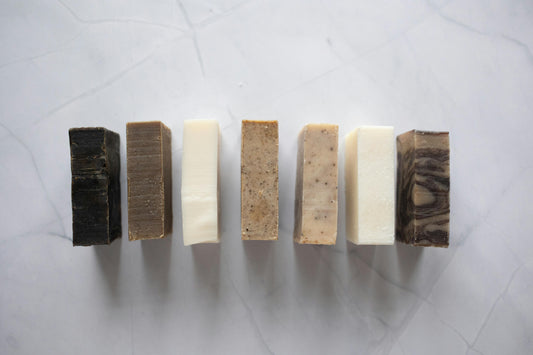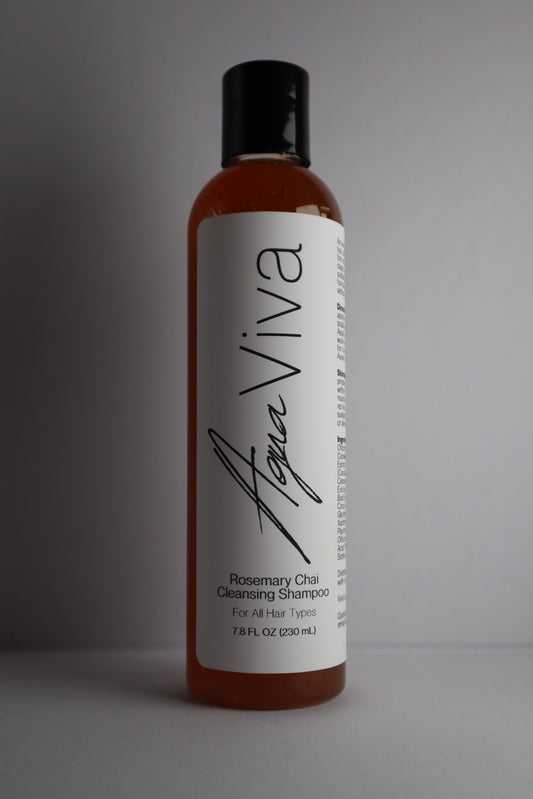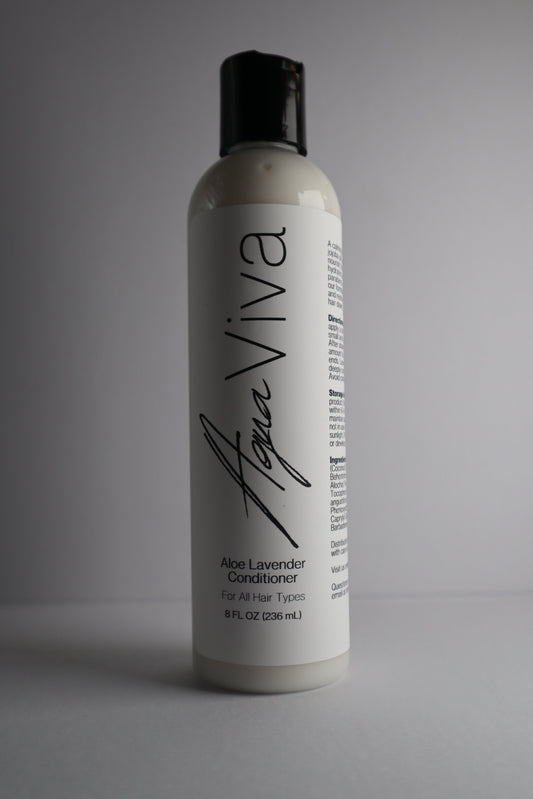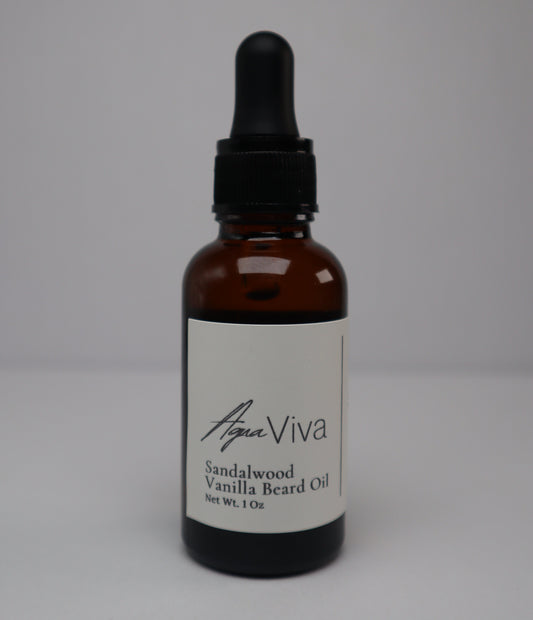
What Is Cold Process Soap?
Share
This question has become more common as interest grows in natural, handcrafted skincare products. Cold process soap refers to a traditional soapmaking method that relies on a chemical reaction between oils and lye, without the need for external heat. The result is a gentle, customizable soap that retains natural ingredients and provides a unique alternative to many commercial options.
What Is Cold Process Soap?
Cold process soap is a soap made with a casutic (most commonly lye) and fats and/or oils. Put simply, when these two ingredients mix, they create soap. Cold process soap has existed for centuries and is one of the most natural ways to make soap.
In previous centuries, wood ash was soaked in water to create a caustic lye solution that could be used in soap making. Nowadays, we have pure lye that we can use for this process to ensure a high level of consistency, accuracy, and safety.
How Is Cold Process Soap Made?
The cold process method uses just a few core ingredients:
- Oils and butters such as olive oil, coconut oil, shea butter, or castor oil
- Lye (sodium hydroxide) to trigger the saponification process
- Liquid like water or milk
- Optional additives such as essential oils, fragrances, colorants, clays, or exfoliants
Cold process soap is made by mixing fats and/or oils with lye. The lye reacts with the oils and fats in a process known as saponification. Cold process soap is generally cured for a period of 4 to 6 weeks, although this can vary based on the ingredients in the soap.
Why is Lye Used?
This is a very common question. The short answer is that lye is a necessary ingredient in the soap making process and there are no true alternatives to it (apart from some other caustics for different types of soap.)
While lye sounds like a dangerous substance - and it certainly is if not handled with care - the soap-making process involves a chemical reaction that completely reacts the lye and transforms it into something else. In the finished product, no lye remains and the soap is completely safe to use.
A good analogy to think of is baking a cake - most cakes have eggs, flour, sugar, and butter, just to name a few ingredients. While you probably wouldn't eat a raw, uncooked egg on its own, if you've ever accidentally left eggs out of your cake, you know that it is a crucial ingredient to a great cake. The ingredients you put into the cake are baked and undergo a chemical reaction; they don't resemble the ingredients that you put into them but they come together to create something new.
What Are the Benefits of Cold Process Soap?
Now that we’ve answered what a cold process soap is, let's dive into why some people prefer it over other types of soap.
1. Gentle and Moisturizing
One of the main byproducts of the saponification reaction in soap is glycerin. Glycerin is a humectant, meaning it draws moisture to the skin. Many commercial soaps remove glycerin for use in other products, which can leave skin feeling dry or tight. Because cold process soaps keep glycerin intact, they are often more moisturizing and gentle on sensitive skin.
2. Customizable Ingredients
Soapmakers can control every aspect of a cold process formula. This means the soap can be tailored to different skin types or needs, using specific oils, essential oils, and infusions. Whether someone is looking for a bar to soothe dry skin or to exfoliate gently, cold process allows for that kind of customization.
3. No Synthetic Detergents or Preservatives
Many mass produced soaps are not technically soap at all. They are classified as synthetic detergent bars, or "syndet bars" for short. Look for this the next time you are at the store - if the product is labeled as a "beauty bar" or some other similar term but does not have the word "soap", this is likely because it is not true soap.
These bars often contain harsh surfactants that can strip skin. Cold process soaps typically avoid these ingredients, focusing instead on natural, biodegradable components that are less likely to irritate the skin.
4. Long-Lasting with Proper Care
A properly cured cold process soap bar is dense and long-lasting. If kept dry between uses on a draining soap dish, it can outlast many commercial bars. The lack of fillers means more concentrated ingredients and better value over time.
Are There Any Drawbacks to Cold Process Soap?
While there aren't many, it is important to address some of the potential drawbacks of cold process soap.
The first, and perhaps the most apparent, is the cost. While cold process soap does often tout a higher price tag upfront, it is important to note that cold process soaps usually last longer than mass-produced, synthetic soap-like products.
The other potential drawback for soap is its higher pH. True soap is alkaline, which can be irritating for some, especially when used on the face. This, in large part, has to do with the oils used in any particular soap. Most soap is formulated to include extra fats/oils - a process known as "superfatting" - to increase moisturizing properties and to help ensure all lye is fully reacted. Soap use on the body is generally not an issue for the vast majority of people, but it is important to test sensitivity with a patch test or through similar means if you are concerned about sensitivity.
In Conclusion: What Is Cold Process Soap and Why Choose It?
At its core, it is a traditional and highly customizable way to make soap using natural ingredients, without the need for synthetic detergents. It produces a gentle, skin-loving bar that retains its moisturizing properties and offers a more sustainable, thoughtful alternative to many widely available options.
Whether you’re exploring handmade soap for skin sensitivities, environmental reasons, or simply looking for a better bathing experience, cold process soap offers a natural, proven solution. We offer several varities of cold process soap that can be found here.







